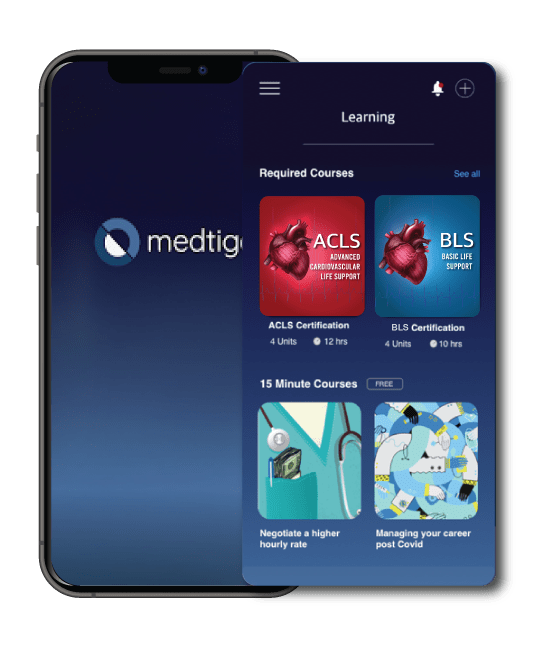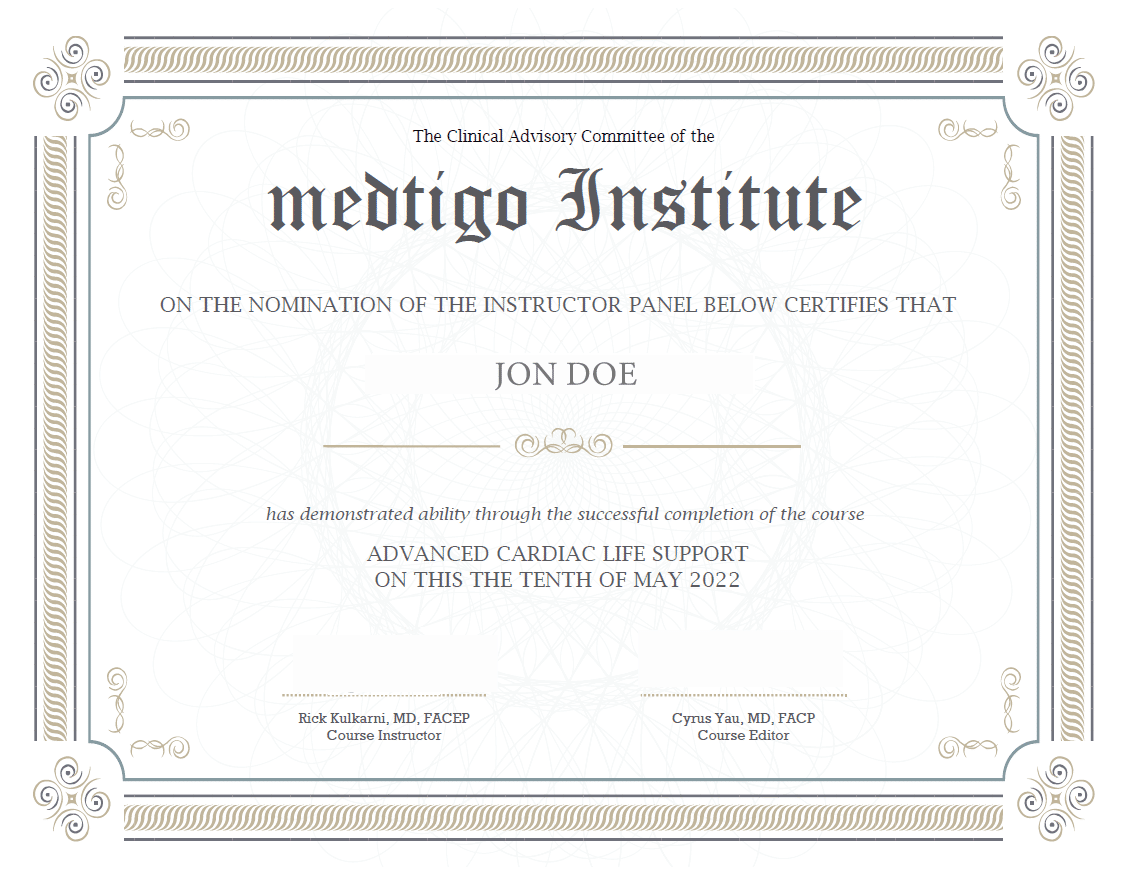A team of researchers from Case Western Reserve University has conducted a groundbreaking study, recently published in Frontiers, exploring the impact of different coaching styles on personal growth and change. The researchers utilized neuroimaging to gain insights into how the brain responds to different coaching approaches, with the goal of understanding what fosters growth and what triggers resistance to change.
The lead researcher of the study, Anthony “Tony” Jack, the Elmer G. Beamer-Hubert H. Schneider Chair in Ethics and an associate professor in philosophy at Case Western Reserve, along with Richard Boyatzis, Distinguished University Professor, and Angela Passarelli, an associate professor of management at the College of Charleston, are members of the Coaching Research Lab at Case Western Reserve’s Weatherhead School of Management.
The researchers emphasized that their findings extend to various helping roles and professionals, including therapists, physicians, nurses, managers, teachers, faculty, social workers, dental professionals, and even parents. They aim to challenge the notion that helping others involves solely fixing immediate problems and highlight the importance of fostering an individual’s ability to envision future possibilities.
The study involved 47 full-time Case Western Reserve undergraduates who participated in 30-minute coaching sessions before undergoing functional magnetic resonance imaging (fMRI) scans. The researchers used fMRI to examine brain function in participants, comparing their “ideal self” (the person they aspire to be) with their “real self” (the person they currently are).
During face-to-face coaching sessions, the participants engaged in coaching focused on their real self and were randomly assigned to varying numbers of ideal-self coaching sessions. The coaching sessions simulated interactions between the participants and coaches via video conference, where pre-recorded videos of coaches making statements about the participant’s educational experience or outlook on the future were presented. These statements were designed to evoke feelings of hope, compassion, mindfulness, and playfulness in the ideal-self condition and a lack thereof in the real-self condition.
The participants provided feedback on the degree to which they agreed or disagreed with each statement. The study yielded surprising findings that challenge conventional coaching approaches. The researchers discovered evidence of conflict between different self-perceptions, showing how self-critical thoughts can hinder the development of a strong vision of one’s ideal self. They emphasized that recognizing negative thoughts and “shoulds” is essential because they lead to defensiveness and resistance to change.
Individuals whose ideal self is more prominent exhibit better abilities to perceive emerging themes in their environment, experience more positive emotions, and demonstrate greater openness to new ideas, along with sustained intrinsic motivation. This highlights the importance of helping individuals focus on their dreams and aspirations for the future as a primary approach to facilitating personal development.
According to Tony Jack, many managers tend to overemphasize providing feedback on strengths and weaknesses. The key to fostering growth, however, lies in helping individuals actively seek feedback for themselves. By allowing individuals to direct their development process and nurturing their intrinsic desire to grow, companies, coaches, and managers can achieve more effective and sustainable personal growth outcomes. The findings from this neuroimaging study have significant implications for coaching and personal development.
Coaches and professionals in helping roles should prioritize creating an environment that fosters the development of an individual’s ideal self. Encouraging individuals to envision their future possibilities and aspirations empowers them to be more receptive to change and personal growth. Moreover, the study highlights the importance of refraining from solely focusing on immediate problems and instead promoting a positive and forward-thinking mindset. Empowering individuals to focus on their intrinsic motivations and desires for growth facilitates a more open and proactive approach to personal development.
While the study focused on coaching sessions for students, its insights are highly relevant across various domains, including athletic coaching, employee management, and even parenting. By understanding the cognitive processes that influence personal growth, coaches and leaders can create more effective strategies to inspire and motivate their subjects.
The neuroimaging study conducted by the team from Case Western Reserve University sheds light on the most effective coaching styles for fostering personal growth and change. By examining brain responses during coaching sessions, the researchers found that emphasizing an individual’s ideal self and encouraging them to envision their future possibilities can lead to more significant personal development. The study challenges conventional coaching approaches that often focus on fixing immediate problems and highlights the importance of nurturing intrinsic motivation in individuals.
By recognizing and addressing negative thoughts and resistance to change, coaches and professionals can empower their subjects to embrace personal growth and achieve long-lasting positive outcomes. As the research pioneers a deeper understanding of the human brain’s responses to coaching, it offers invaluable insights for coaching practices across diverse fields, helping individuals, athletes, students, and employees reach their full potential and lead fulfilling lives.











